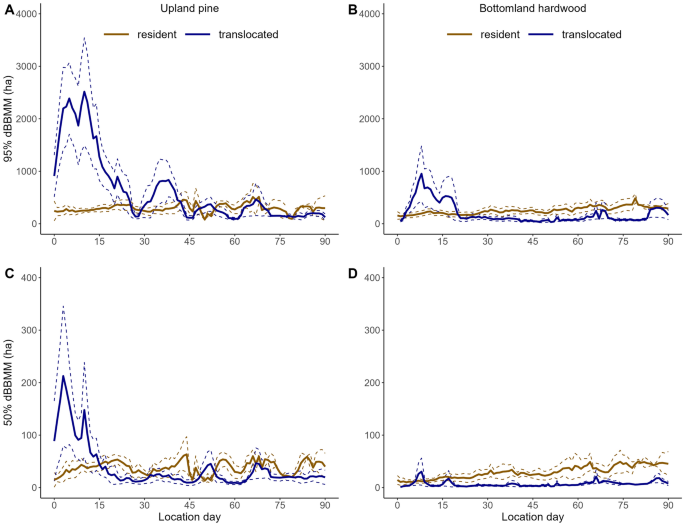2023-04-10 カリフォルニア大学サンタバーバラ校(UCSB)
この研究では、ツィマネ族とモセテン族という2つの先住民族と米国および欧州の人口を比較しました。その結果、脳の老化は米国と欧州の集団で最も速く、ツィマネ族では最も遅く、モセテン族では中程度であることがわかりました。しかし、肥満度、脂肪率、コレステロールの値が最も高く、米国で一般的に観察されるレベルに近い場合のみ、脳の容積が損なわれていた。
<関連情報>
- https://www.news.ucsb.edu/2023/020892/embarrassment-riches
- https://www.pnas.org/doi/10.1073/pnas.2205448120
南米の非工業的な2つの集団における脳容積、エネルギーバランス、および心血管の健康状態 Brain volume, energy balance, and cardiovascular health in two nonindustrial South American populations
Hillard Kaplan1 ,Paul L. Hooper ,Margaret Gatz ,Wendy J. Mack,E. Meng Law,Helena C. Chui,M. Linda Sutherland,James D. Sutherland,Christopher J. Rowan,L. Samuel Wann,Adel H. Allam,Randall C. Thompson ,David E. Michalik ,Guido Lombardi ,Michael I. Miyamoto ,Daniel Eid Rodriguez ,Juan Copajira Adrian,Raul Quispe Gutierrez,Bret A. Beheim ,Daniel K. Cummings ,Edmond Seabright ,Sarah Alami ,Angela R. Garcia ,Kenneth Buetow,Gregory S. Thomas,Caleb E. Finch,Jonathan Stieglitz,Benjamin C. Trumble ,Michael D. Gurven and Andrei Irimia
Proceedings of the National Academy of Sciences Published:March 20, 2023
DOI:https://doi.org/10.1073/pnas.2205448120
Significance
This article explores brain volume and aging in two indigenous societies. Whereas brain volume is lower with greater body mass index (BMI) in industrialized populations, the association of BMI and non-HDL cholesterol with brain volume is largely positive, only declining with high BMI and cholesterol. This discrepancy represents a form of evolutionary mismatch we call an “embarrassment of riches” due to recent changes in diet, activity, and other environmental exposures. The minimal dementia and coronary artery disease in Tsimane and Moseten, combined with these findings, imply that aging outcomes are optimized at intermediate lifestyle values. Future research should focus on how our evolved biology interacts with conscious goals in relation to eating, exercise, and physiology.
Abstract
Little is known about brain aging or dementia in nonindustrialized environments that are similar to how humans lived throughout evolutionary history. This paper examines brain volume (BV) in middle and old age among two indigenous South American populations, the Tsimane and Moseten, whose lifestyles and environments diverge from those in high-income nations. With a sample of 1,165 individuals aged 40 to 94, we analyze population differences in cross-sectional rates of decline in BV with age. We also assess the relationships of BV with energy biomarkers and arterial disease and compare them against findings in industrialized contexts. The analyses test three hypotheses derived from an evolutionary model of brain health, which we call the embarrassment of riches (EOR). The model hypothesizes that food energy was positively associated with late life BV in the physically active, food-limited past, but excess body mass and adiposity are now associated with reduced BV in industrialized societies in middle and older ages. We find that the relationship of BV with both non-HDL cholesterol and body mass index is curvilinear, positive from the lowest values to 1.4 to 1.6 SDs above the mean, and negative from that value to the highest values. The more acculturated Moseten exhibit a steeper decrease in BV with age than Tsimane, but still shallower than US and European populations. Lastly, aortic arteriosclerosis is associated with lower BV. Complemented by findings from the United States and Europe, our results are consistent with the EOR model, with implications for interventions to improve brain health.



